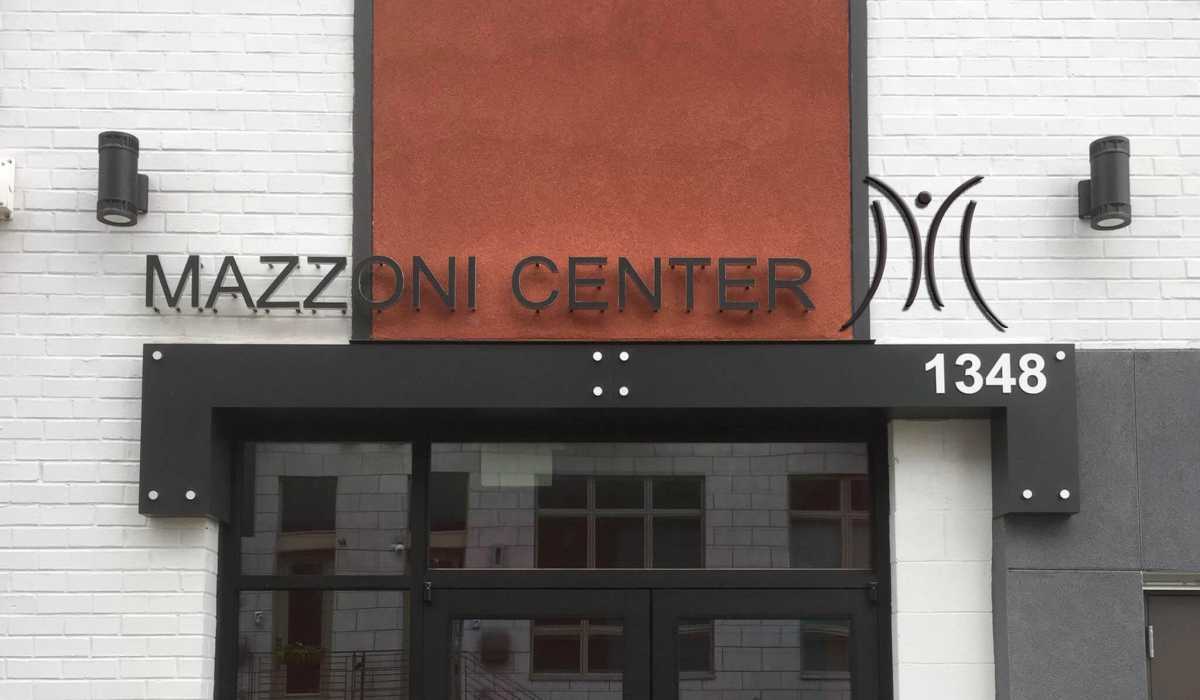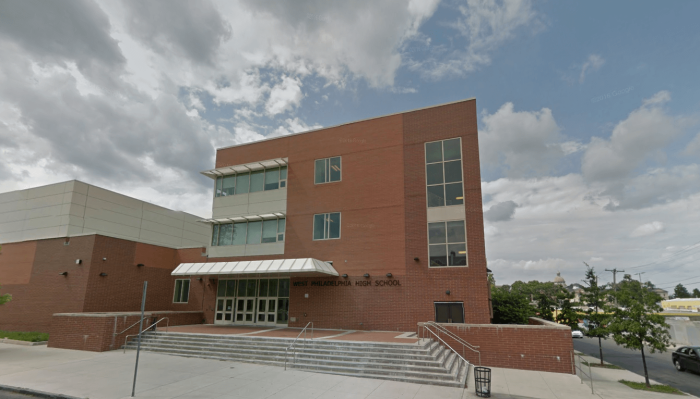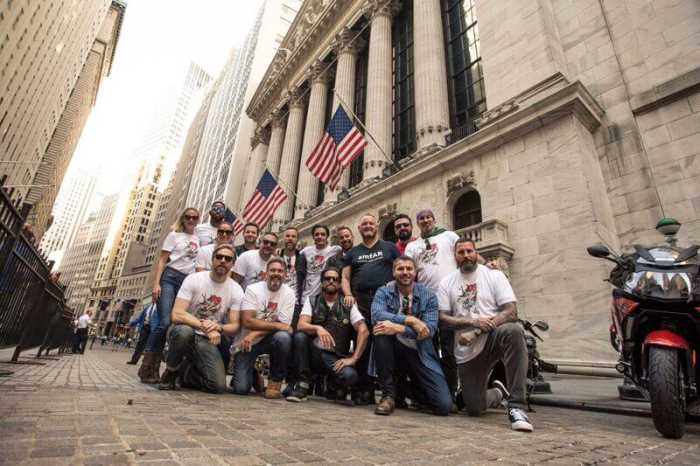It’s been more than four decades since the global pandemic of HIV/AIDS began.
Throughout that time, advancements have been made and stigmas have been broken—but, there is still work to do.
A lot of that work in the Philadelphia region happens at The Mazzoni Center with Dr. Mark Watkins, DO —one of the center’s doctors and an infectious disease specialist. He’s been at the forefront of HIV/AIDS treatment and prevention for over 30 years and he’s seen the ups and downs of the virus over the course of his career.

Watkins started medical school in 1982 shortly after the initial start of the pandemic. “I used to read everything I could in the newspaper to find out about it affecting my community,” he explains. “I wanted to go to medical school…It just seemed like a natural avenue for me to pursue.”
At the time, HIV/AIDS was mainly being treated through primary care, and gay physicians who were involved typically had a large number of gay patients in their practice. Treatment evolved to the infectious disease route, but it was really primary care workers on the front line who were there in the beginning.
“When I went to medical school, I wanted to pursue that avenue. My first rotation as a third-year student was working with a gay physician in Philadelphia who had a large number of patients with this unknown illness,” explains Watkins.”[This was] back in 1984 before they even had an HIV test.”
Watkins worked with the doctor as a student, an intern resident and then was employed by him. And soon, he took over the practice in 1991.
“Since then I have been primarily devoted to the LGBTQ community and HIV care,” he adds.
Since the 80s, a lot has changed in terms of treatment and most importantly, mortality rate. In 1994, 48 of Watkins’ patients alone died from HIV/AIDS. Today, that number has changed drastically to zero—in fact, his last patient to die from the virus was in 2003.
“The advancements with medications alone… We went from nasty medications, to nasty cocktails, to people taking 30 pills a day to stay alive,” he says. “Now, a lot of patients can do fine with one pill once a day. The people who take their medicines aren’t getting sick and dying. And now we have an injection that can be taken every two months in place of taking a daily medication, which alone is quite liberating for patients.”
So, it’s not a death sentence anymore. Yet there is still education needed about treatment and preventative measures—and altering some lingering stigmas.
“A lot of that is based on ignorance. We see that ignorance today with COVID, and it still does exist even after 40 years of HIV… People still have false information about that,” says Watkins. “We’ve done a decent job at educating the population, but there is still a lot of work to be done.”
The Mazzoni Center offers treatment and an array of services for those with HIV/AIDS, or for those looking to prevent it. Somebody with a recent HIV diagnosis is put at the front of the line at the Center, and one of their skilled practitioners will get an appointment set up for them. The Washington West practice at 12th and Locust streetsspecifically is where they do a lot of testing, and if somebody tests positive at the Center, they will get into care that day.
Care coordinators and case managers are also there to assist with bloodwork, and to get patients on medications the day they are diagnosed. “We know people do better if they are offered medications immediately,” explains Watkins.
Watkins also mentions that today there are injectable forms of medication for the treatment of HIV (ART) as well as for prevention (PrEP), and it’s over 99% effective.

“We do know that when people are on medications and are undetected, they cannot transmit the virus. That’s a major reason for everyone to go on medications, and a key point to ending it,” Watkins continues.
“It’s unfortunate when we get somebody 20, 21 years old coming in newly infected or newly diagnosed because they didn’t know about HIV prevention. [Look at] Florida, you can’t say gay—come one people, wake up. Educate people. Tell them about the disease, how it’s transmitted and understand that. We have a chance to prevent it and an ounce of prevention is worth a pound of cure. If you look at the success rate it’s over 99%, if you’re at any risk at all you should be on PrEP, very easily.”
Watkins also notes about advancements that could come in the future offering injections every three or possibly six months. And, he’s really seen it all: Back in the 90s when the first international study looking for a vaccine for HIV was happening, Watkins was patient #1 enrolled.
“I’ve talked the talk and I’ve walked the walk…I rolled my sleeve up for an experimental vaccine that unfortunately failed—but we took it seriously. We were hoping it would work but it didn’t,” he explains.
Watkins urges anyone who’s thinking about treatment, prevention or education to get in touch with The Mazzoni Center, even if you just need support.
“If its HIV, if its out there, I’ve seen it. [At The Mazzoni Center] we have a lot of experience and a lot of compassion, and I think those are two very crucial components when you treat somebody with a chronic illness, HIV and the stigma that can be associated,” Watkins finishes.
“That mentality has improved but there still are stigmas with being gay or HIV positive—family members are not always welcoming, certain churches are less forgiving than others. All of that in a community does impact people’s perceptions of themselves and their worthiness. You have somebody who’s been ostracized either directly or indirectly, and now they have a diagnosis on top of that…Their self-esteem can change. We’re here to help.”
For more information on The Mazzoni Center, visit mazzonicenter.org





























